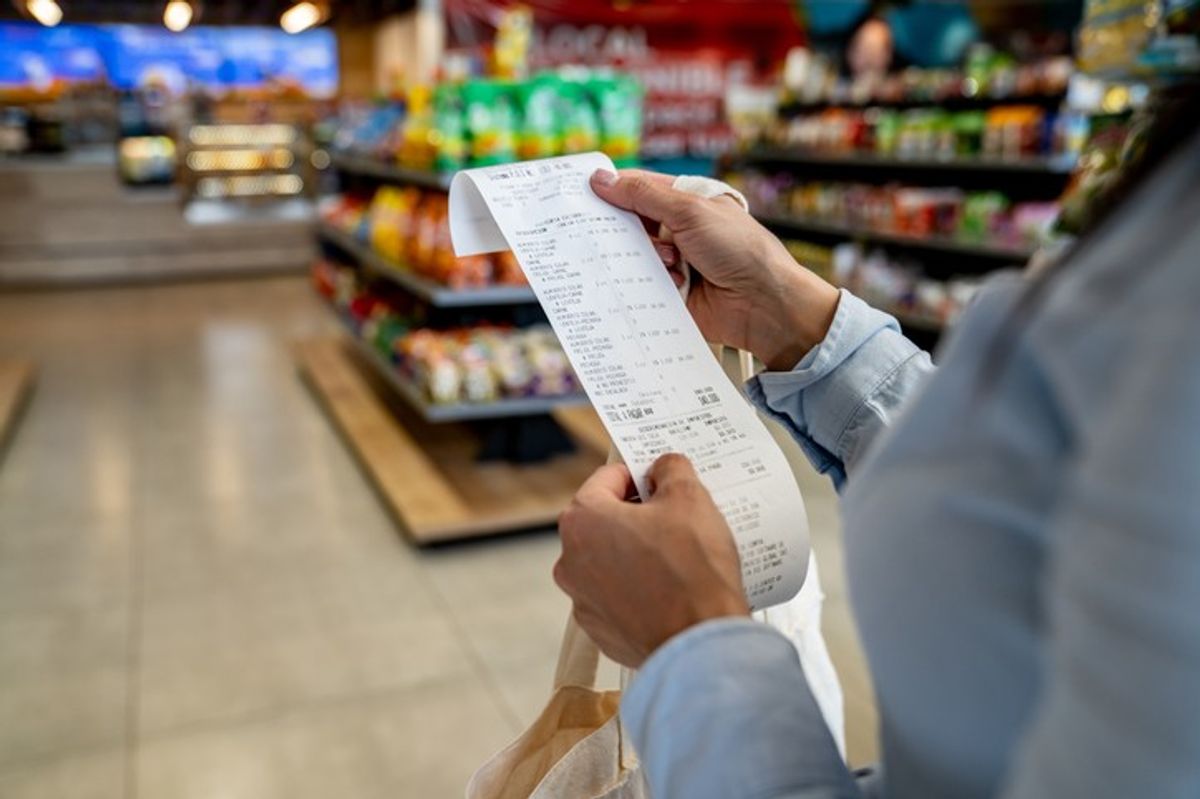Key Summary
- UK CPI rises to 3.6% in June from 3.4% in May
- Motor fuel, transport costs and drinks prices push up CPI
- Food prices rise by most since February 2024
Prices rose by more than expected to 3.6 per cent in the year to June, the steepest rise in inflation since January 2024, the Office for National Statistics (ONS) said today (July 16).
The rise in inflation is attributed to higher prices of food and motor fuel. Hike in air fares and train tickets were also the biggest contributor to the rise in the inflation rate.
According to ONS data. the 12-month inflation rate for food and non-alcoholic beverages was 4.5 per cent in June 2025. This was the third consecutive increase in the rate.
Food prices rose at a rate of 4.5% in the year to June - the highest rate since February 2024 but well below the peak seen two years ago.
It is the highest recorded since February 2024, but is well below the peak seen in early 2023. On a monthly basis, food and non-alcoholic beverages prices rose by 0.3 per cent in June 2025, compared with a rise of 0.2 per cent a year ago.
There were small upward effects to the change in the rate from three of the 11 food and non-alcoholic beverages classes, namely bread and cereals (particularly cakes), meat, and milk, cheese and eggs (mainly cheddar cheese).
These were partially offset by small downward effects from the sugar, jam, syrups, chocolate and confectionery class (from chocolate products), and mineral waters, soft drinks and juices (from fruit juice).
Average wages have risen over the past year, by 5.2 per cent, suggesting many people will not be worse off overall, but shoppers, particularly those on low incomes, are more affected by rising prices for daily staples such as food and petrol.
Finance minister Rachel Reeves said the government was supporting living standards for working-class households through a higher minimum wage, a cap on bus fares and free breakfasts for younger school-age children.
Food industry representatives said food price rises were due to manufacturers facing higher costs for key ingredients such as chocolate, butter, coffee and meat - as well as higher energy and labour costs.
Inflation currently remains well below the peaks it reached after Russia's invasion of Ukraine, when higher energy prices pushed up costs across the board. In October 2022, it reached 11.1 per cent.


